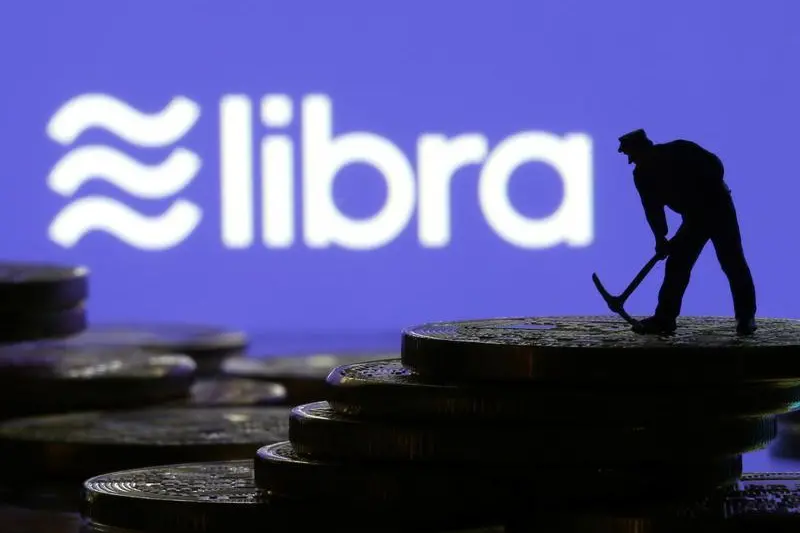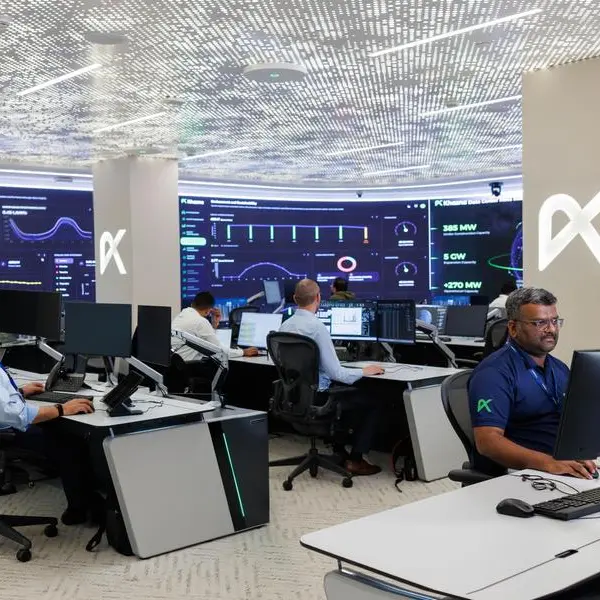PHOTO
LONDON - The global anti-money laundering watchdog is closely monitoring developments on Facebook's planned Libra cryptocurrency, its new head told Reuters on Tuesday, in the latest sign of growing regulatory scrutiny of the project.
The Facebook-led Libra project is mooted for launch by June next year. Regulators' and politicians' concerns range from the risks that Libra could be used to launder money to privacy and the possibility that it could upset financial stability.
"We want to make sure that if there are significant risks, they need to be addressed," said Xiangmin Liu, the president of the Paris-based Financial Action Task Force (FATF), which acts as the global standard-setter on anti-money laundering.
Earlier on Tuesday, a senior U.S. Treasury official, speaking to reporters in Switzerland, said that Libra must meet the highest standards for combating money laundering and terrorism financing if it is to get off the ground.
The Libra project has renewed focus on how cryptocurrencies are regulated, with current rules on the sector patchy and varying from country to country.
In the first global attempt to bring the crypto sector to heel, the FATF - a body set up 30 years ago to tackle money laundering - told countries in June to tighten oversight of cryptocurrency exchanges to stop digital coins being used to launder cash and finance terrorism. urn:newsml:reuters.com:*:nL8N23S495
Liu, speaking at an event in London, said the illegal use of cryptocurrencies is probably spreading at pace. Known examples, from money laundering to drug trafficking, probably represent only a fraction of the true scale of criminal use, he said.
"The anonymity afforded by virtual assets is being exploited by serious criminals," Liu said. "These activities are likely to be growing quickly, as law enforcement agencies are only seeing the tip of the iceberg."
Liu, who took charge of FATF in July, said the volume and speed of cryptocurrency transactions presents a growing challenge in pinpointing illegal use, even as technology to identify such actions is developed.
"We have talked about finding suspicious activity as being like finding a needle in a haystack," he said. "Well, that haystack is getting bigger and bigger, and is moving all the time."
(Reporting by Tom Wilson Editing by Gareth Jones) ((T.Wilson@thomsonreuters.com; 44-20-7542-4531; Reuters Messaging: t.wilson.thomsonreuters.com@reuters.net))





















